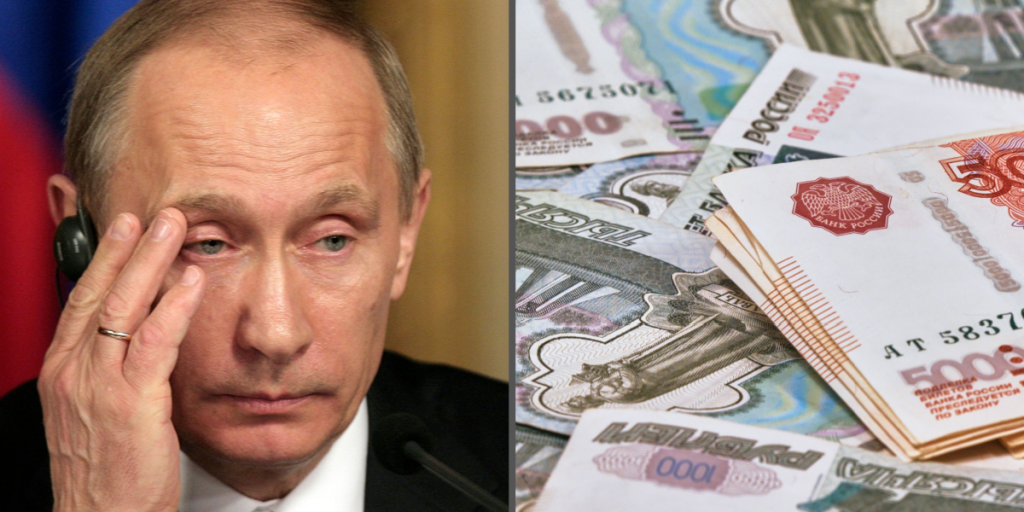The Russian federal budget expenditures have already been exceeded for 2024.
Others are reading now
The Russian federal budget expenditures have already been exceeded for 2025.
What is happening?

Moscow is facing growing financial strain in maintaining troop numbers for its war in Ukraine.
With traditional funding running dry, the Russian government is turning to unconventional methods to continue offering enlistment bonuses and recruiting soldiers.
Contract recruitment hits a two-year low
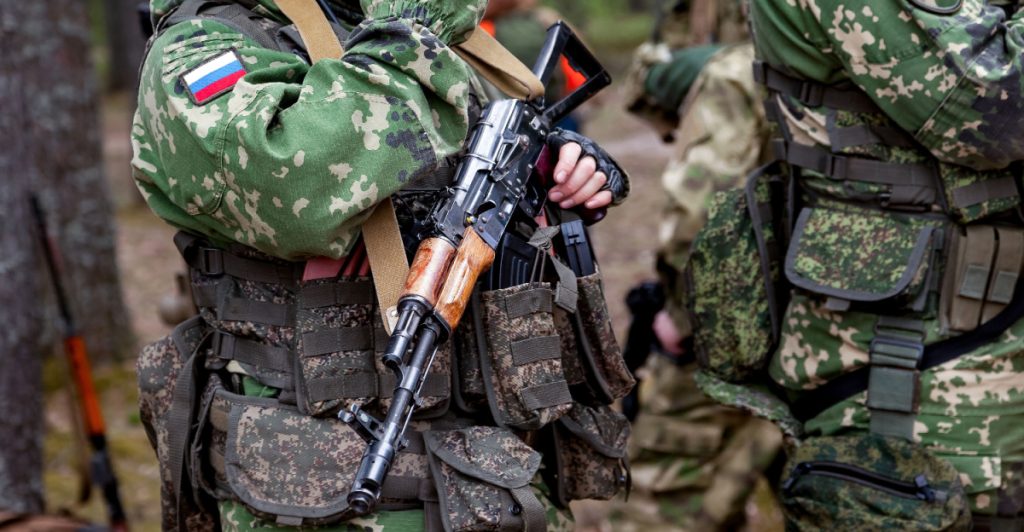
According to Russian opposition outlet Vazhnye Istorii, data from the second quarter of 2025 show the Ministry of Defense (MoD) paid enlistment bonuses to just 37,900 new recruits—its lowest figure in two years. That’s a sharp drop from the 92,800 contracts paid in 2024.
Budget blown
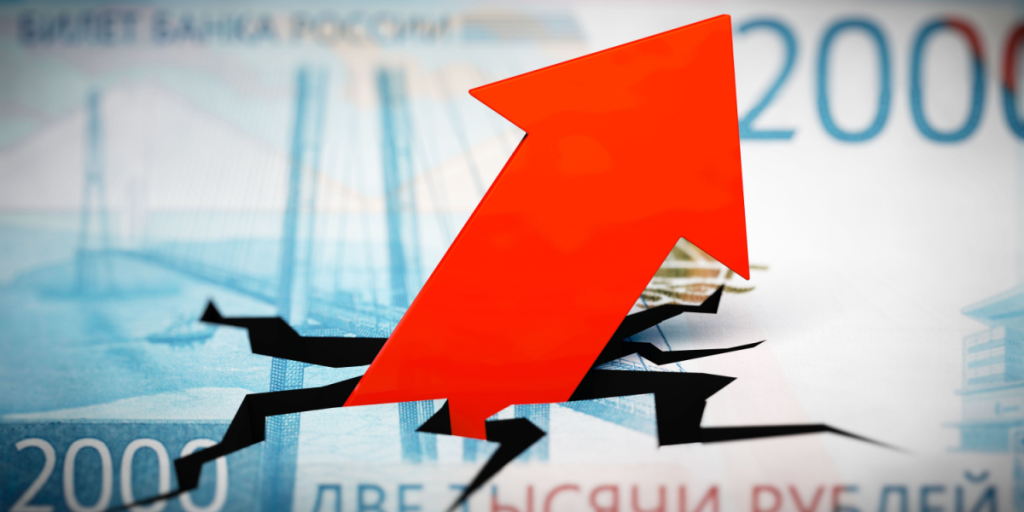
The Kremlin had initially allocated 30 billion rubles (roughly $381.5 million) in its 2025 federal budget for recruitment bonuses.
Also read
But by mid-year, that amount had already been exceeded. The budget was later increased to 35.8 billion rubles (about $455.3 million), highlighting the growing cost of sustaining the war effort.
Recruitment numbers still appear strong – on paper
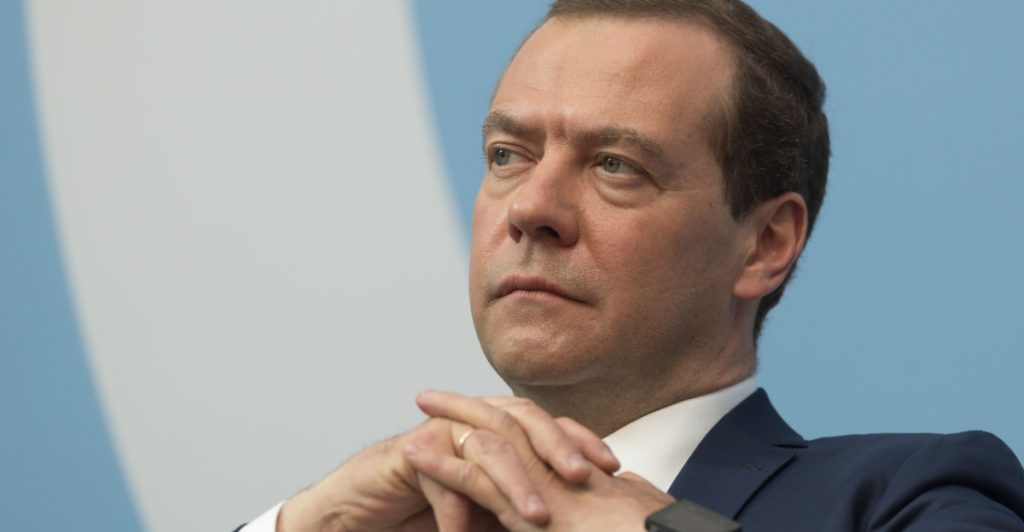
Despite the budgetary shortfall, Russia claims recruitment remains robust.
On July 2, Dmitry Medvedev, Deputy Chair of the Russian Security Council, announced that over 210,000 people had signed contracts.
But Vazhnye Istorii suggests this number may be exaggerated.
Alternative accounting reveals a smaller total
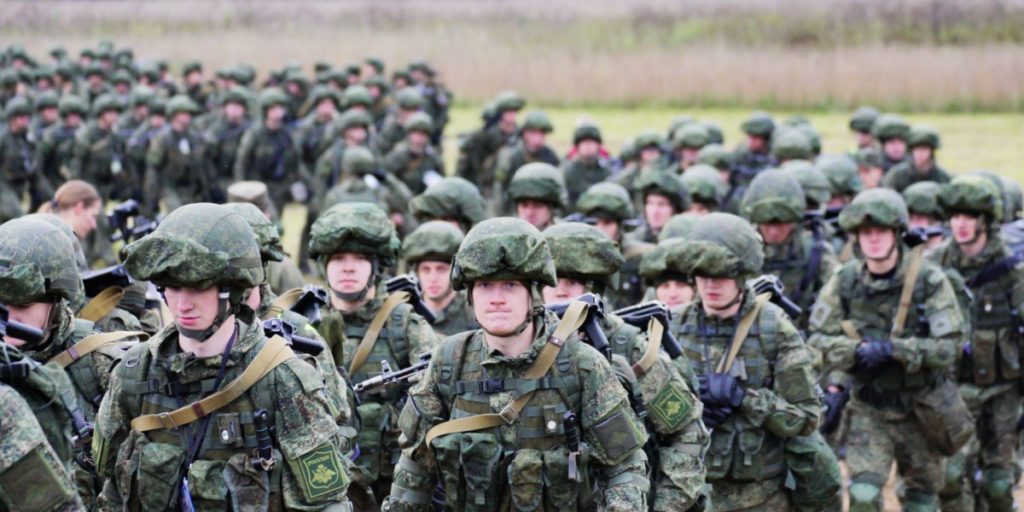
Other research based on regional budget data paints a different picture, estimating about 191,000 new contract soldiers so far in 2025.
Also read
This discrepancy indicates that Russia may be drawing from regional, rather than federal, coffers to keep its recruitment drive going.
Moscow leans on local governments to cover costs

Facing federal budget constraints, the Kremlin appears to be shifting financial responsibility to Russia’s regional governments.
These local entities—known as federal subjects—are now helping to fund enlistment bonuses, a move that masks the central government’s limitations.
Extra incentives offered to foreign recruits

In addition to burdening regional budgets, Russia is also ramping up informal recruitment efforts.
These include targeting conscripts and offering extra payments to foreign fighters, further revealing the financial strain behind Moscow’s war strategy.
Also read
The illusion of sustainability
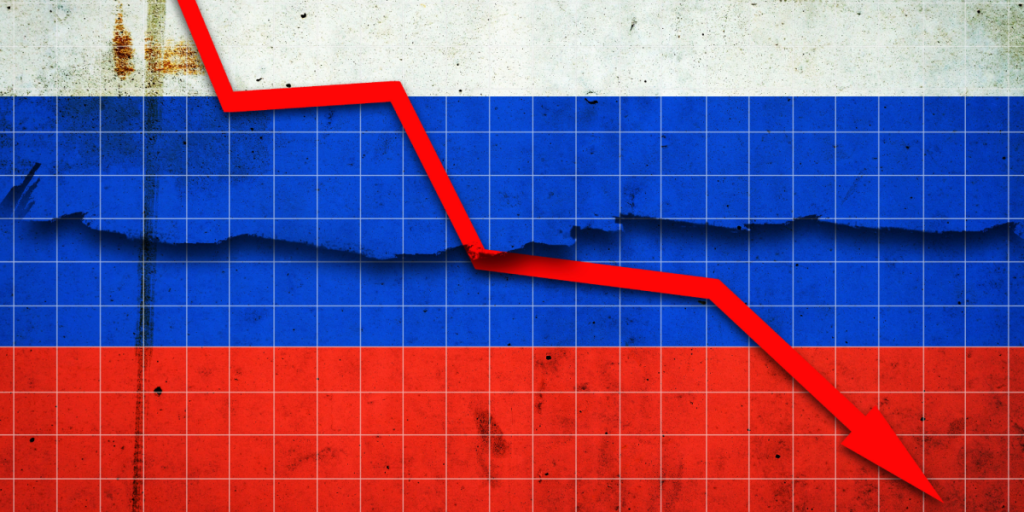
This decentralised funding model may buy time, but it’s a stopgap.
Relying on regional budgets and informal payments highlights that Russia’s national wealth is insufficient to sustain long-term recruitment without eating into other essential services.
Sanctions add to Moscow’s financial headaches
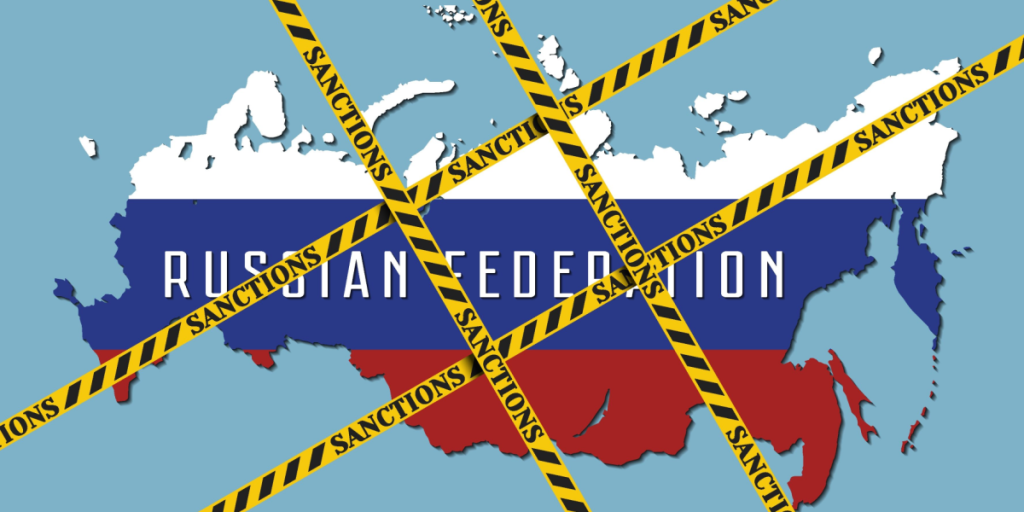
Western sanctions, particularly those targeting Russian oil revenues, are compounding the Kremlin’s budget woes.
As energy income declines, sustaining the war effort through recruitment and bonuses will become even more challenging.
Mounting economic pressure could undermine Russia’s war machine

Increased financial stress may ultimately weaken Russia’s military recruitment system.
Also read
Without reliable funding, the Kremlin risks eroding its ability to replenish forces—potentially altering the trajectory of its war in Ukraine.

